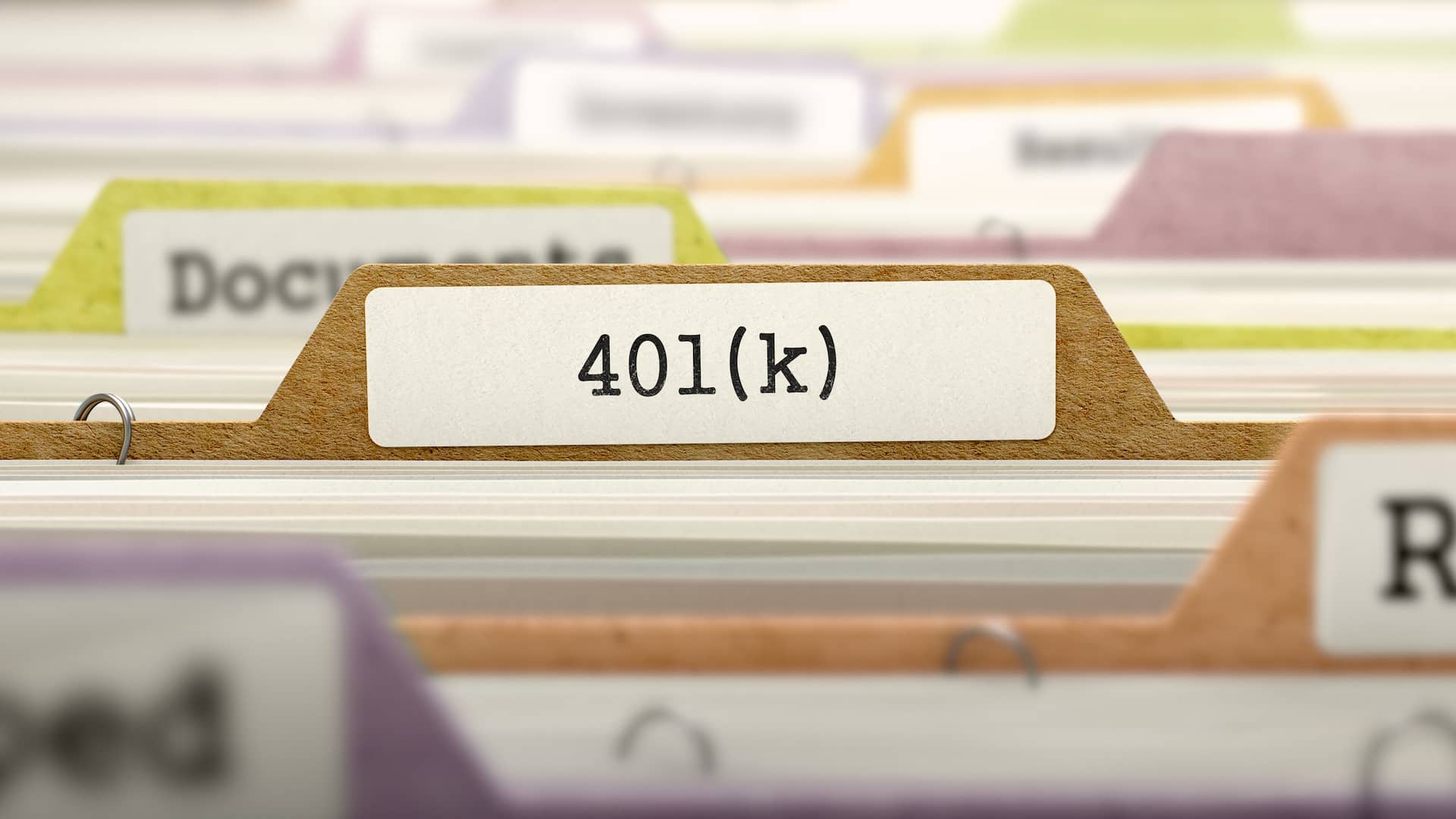Are you planning to file for divorce? If so, you likely understand that several issues must be worked out. If you or your spouse has retirement accounts or assets, like a 401k or pension, it may be necessary to use a QDRO or qualified domestic relations order to help divide the assets.
Learn more about the QDRO and dividing retirement accounts in a divorce here. It’s smart to work with a divorce attorney to help ensure the process is handled fairly and legally.
The QDRO
The QDRO is a document that will transfer funds from a retirement account to your ex-spouse without tax consequences if the transfer is done because of a divorce. You should understand that if the receiving spouse takes money out of the retirement account in question after the QDRO has been granted, they will face a tax consequence. Only the actual transfer will be tax-free.
When you and your spouse agree to divide your retirement accounts through their marital settlement agreement (the divorce agreement), you should include language that requires a QDRO to be created to facilitate the transfer. It should also include wording that both parties will be responsible for just half of the costs related to preparing the QDRO.
It’s necessary for the person who receives the retirement funds to begin the QDRO process so that the retirement accounts are divided as soon as possible after the divorce date. Usually, the party receiving a part of the asset needs to initiate the QDRO process right away. The process of starting the QDRO may begin even if the retirement benefits they receive are not subject to payment.
For example, if you are entitled to your former spouse’s pension, and they can’t access these benefits for several years or more, the QDRO process needs to be started right after your final divorce decree is issued.
Why You Shouldn’t Wait to Start the QDRO Process
If you wait too long to start the QDRO process, it may complicate it significantly. Waiting may also result in losing the portion of the retirement asset you are otherwise entitled to. According to the statutes, if no action is taken after twenty years have passed from the date a divorce judgment is issued, then all actions after this may be barred. This means that the party that would have received a part of the asset would no longer be legally allowed to receive a portion of the account through a QDRO.
Even if the QDRO begins before the 20-year cutoff, but the receiving party waits a long amount of time after the divorce is final, the laws could change regarding how the retirement asset could be divided. Also, if you wait too long, it may confuse how the parties plan to divide the asset.
One example, there are significant changes to some laws related to the military pension division that may impact how the QDRO is drafted, no matter if the divorce judgment that required the QDRO was granted prior to new laws being put in place.
Another potential source of confusion is if parties have agreed to a certain dollar amount of a party’s retirement asset, which is divided through the QDRO. If parties wait just a year or even for 10 years, it’s possible that the asset in question loses value before the QDRO is created and approved, which results in there not being enough value to pay the amount of money the parties originally agreed to. If there are insufficient funds, it can cause confusion regarding how to divide the asset. It also brings up questions of who is responsible for the difference that is present. In many cases, it results in additional litigation in many cases. This is the case even if the divorce decree has been properly drafted.
Another issue you want to understand is if the retirement asset is not divided in a timely manner, it may result in your ex-spouse withdrawing money from the account or even retiring and collecting benefits but will not pay you what you are entitled to receive. At this point, you would have no choice but to return to court to get reimbursement from your spouse. In some situations, though, the court may put the blame on you for failing to pursue the QDRO, which can result in penalties.
The examples above show why it is so important to begin the QDRO process as soon as you can after your divorce is finalized.
Hire a Divorce Lawyer for Help with Retirement Asset Division
Going through a divorce that involves retirement accounts presents several unique challenges. Because of this, it is imperative to hire a divorce attorney to help with your case. Our legal team is here to guide you through this process and ensure you get the benefits you are entitled to with the divorce decree.
Thanks to our experience, we can ensure you get a fair settlement for your claim. Get in touch today to learn more.

